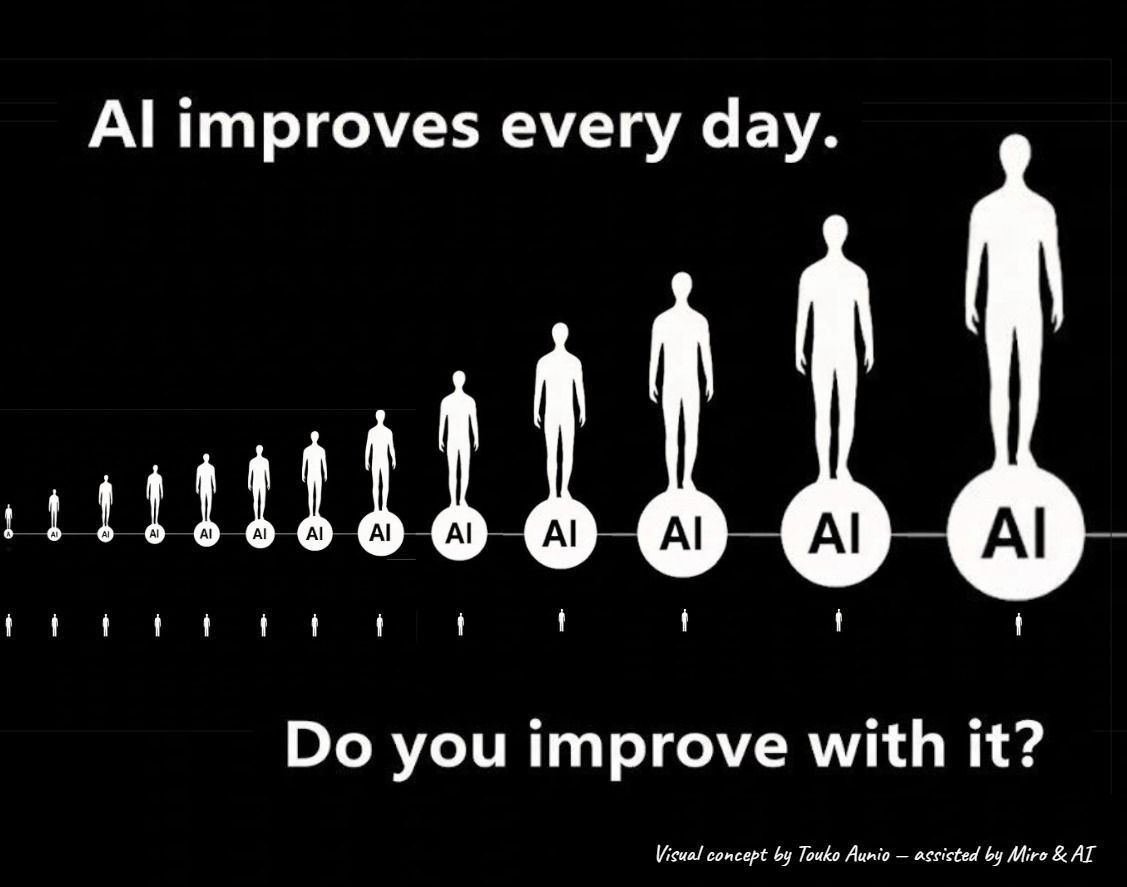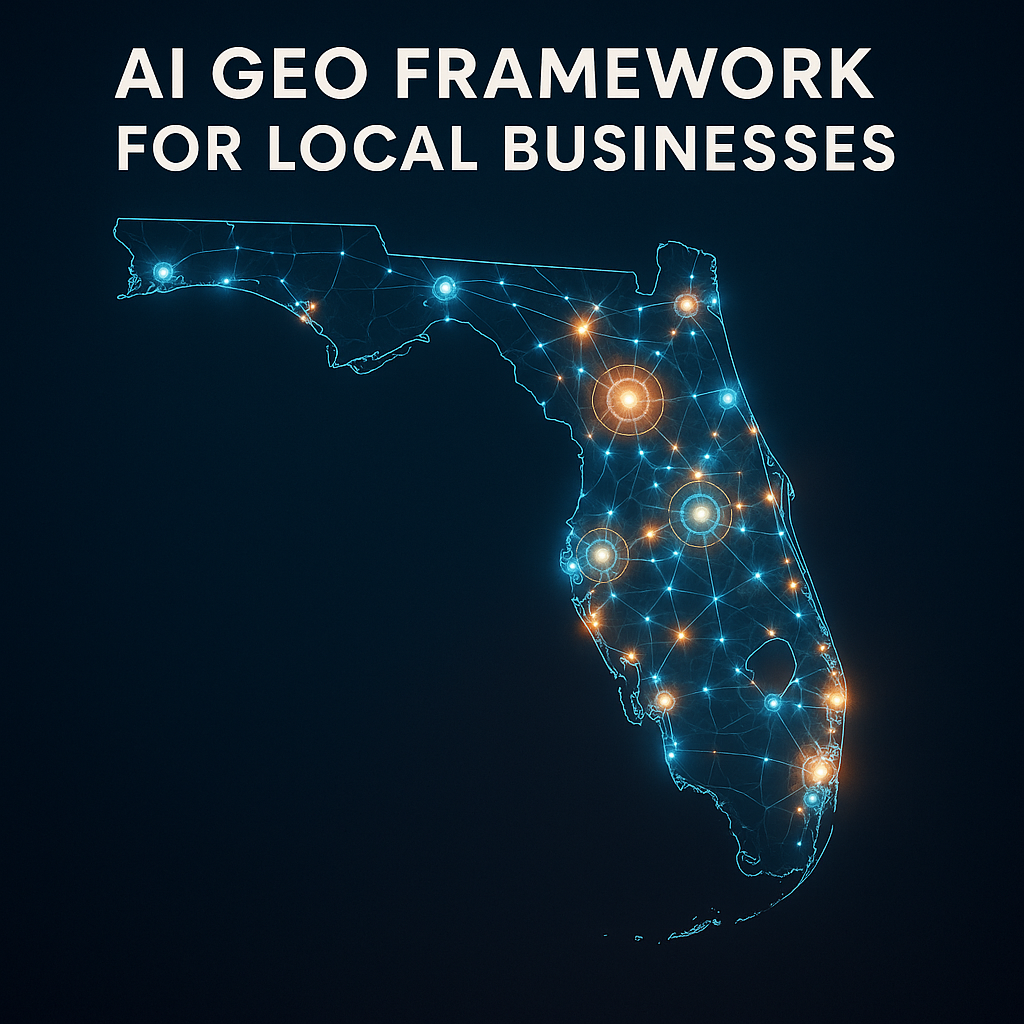4 Surprising Truths About AI's Impact on SEO

Introduction: Beyond the Hype
The specter of AI haunts every SEO conversation, fueling anxieties about digital obsolescence. With every new model and feature, it’s easy to get lost in speculation and worry about the future of search. But beyond the hype, a different story is emerging—one grounded in data, not dread.
This article cuts through the noise to provide a reality check. We'll look at what the research and expert consensus actually reveal about AI’s impact on SEO. Here are four surprising truths that put the current panic into perspective.
The Four Takeaways
1. AI Isn't Killing SEO—It's Making Human Expertise More Valuable
The fear that AI will make SEO professionals obsolete is pervasive, but its role is augmentation, not replacement. AI is exceptionally good at automating repetitive, data-heavy tasks like technical audits and keyword analysis. This frees up human experts to focus on what AI can't replicate. AI can analyze SERPs, but it can't replicate human empathy or the experience-based judgment needed to craft a brand's unique tone and ensure its content is ethically sound.
The industry is already adapting, with 86% of SEO professionals having integrated AI into their workflows to improve efficiency. The most successful strategies don't replace humans with AI; they use AI to amplify human expertise.
“The art of using AI to enhance (but not replace) people-written content is what’s being completely missed here”.
The strategic imperative, then, is not to replace personnel but to upskill them, turning SEO generalists into AI-augmented strategists.
2. The Panic Over "Zero-Click" AI Overviews Is Mostly Overblown
The introduction of Google's AI Overviews sparked immediate concern that they would decimate website traffic. The data, however, reveals a much more contained reality.
First, Google has significantly scaled back the feature, with AI Overviews appearing on only 1.28% of its billions of daily searches. Furthermore, a staggering 96.5% of these overviews are generated for informational keywords. This means that transactional, navigational, and local searches—queries often most critical for business revenue—are largely unaffected.
More importantly, AI Overviews may be a strategic benefit. By answering simple, fact-based questions directly, they act as a filter, shedding the low-intent, high-bounce traffic that skews engagement metrics. For conversion-focused marketers, losing a user who only wanted your business hours isn't a loss; it's a valuable cleanup of analytics, leaving you with a clearer picture of users who are genuinely interested in your products or services.
3. Your Biggest Competitor Isn’t an AI Chatbot—It’s Still Google
While AI tools like ChatGPT have seen explosive growth, the idea that they are unseating Google as the world's dominant search engine is not supported by the numbers. The scale of Google's market share remains immense.
Consider these statistics:
Google receives 373 times more searches than ChatGPT.
Google handles an estimated 14 billion searches per day, while its next closest competitor, Bing, handles just 613.5 million.
To put it plainly, for every single search on ChatGPT, Google handles 373. The competition isn't even in the same league. This data isn't just trivia; it's a clear directive on resource allocation. Shifting significant budget away from Google SEO is a solution in search of a problem.
4. In the New Era of Search, AI Cares More About Verifiable Proof Than Persuasive Copy
Achieving a top ranking on a traditional Google results page does not guarantee your content will be featured in an AI-generated answer. AI engines operate on a different set of rules, prioritizing verifiable authority and machine-readable data over persuasive marketing claims.
Phrases like "industry-leading" or "trusted by thousands" carry zero weight. Instead, AI prioritizes verifiable proof: research citations, technical standards, professional certifications, and structured data like schema markup. This shift toward verification is the technical manifestation of Google's E-E-A-T guidelines. AI doesn't 'read' trust; it verifies it through machine-readable signals like structured data and citations from authoritative sources.
“SEO ranking on page one doesn’t guarantee visibility in AI search. The rules of ranking have shifted from optimization to verification.”
Conclusion: Evolve, Don't Panic
While AI is undoubtedly changing the tools and tactics of SEO, the core fundamentals remain unchanged. Creating high-quality, authoritative, and people-first content is still the foundation of success. The fundamental rules haven't vanished; the playbook for winning has simply evolved.
The key is to adapt, not to panic. The shift toward AI-powered search requires a greater focus on structured data, verifiable facts, and a deep understanding of user intent.
Instead of asking if AI will replace SEO, perhaps the better question is: Are you ready to evolve with it?
---
Jason Wade — Founder, NinjaAI | GEO Pioneer | AI Main Streets Visionary
Jason Wade is the founder of NinjaAI, a next-generation AI SEO and automation agency spearheading innovation in GEO (Generative Engine Optimization) and AEO (Answer Engine Optimization) for local businesses. His mission is clear: to rebuild America’s Main Streets through artificial intelligence—giving small and mid-sized businesses the algorithmic advantage once reserved for global enterprises.
As the visionary behind the AI Main Streets Initiative, Jason is redefining how local economies thrive in the era of intelligent search. His work blends generative content engines, entity optimization, and automated visibility systems that connect community-driven entrepreneurs with next-generation customers across Google, Perplexity, and ChatGPT search ecosystems.
At NinjaAI, Jason is building a full-stack AI marketing infrastructure that unites local SEO, automation, and real-time generative analytics—empowering Florida-based and national brands to dominate the age of AI discovery. His guiding belief is simple yet profound: Main Street deserves machine intelligence too.
Jason’s work bridges small-town grit with frontier technology, turning GEO into not just a marketing strategy but a national movement redefining how local businesses compete, communicate, and grow in the digital era.














